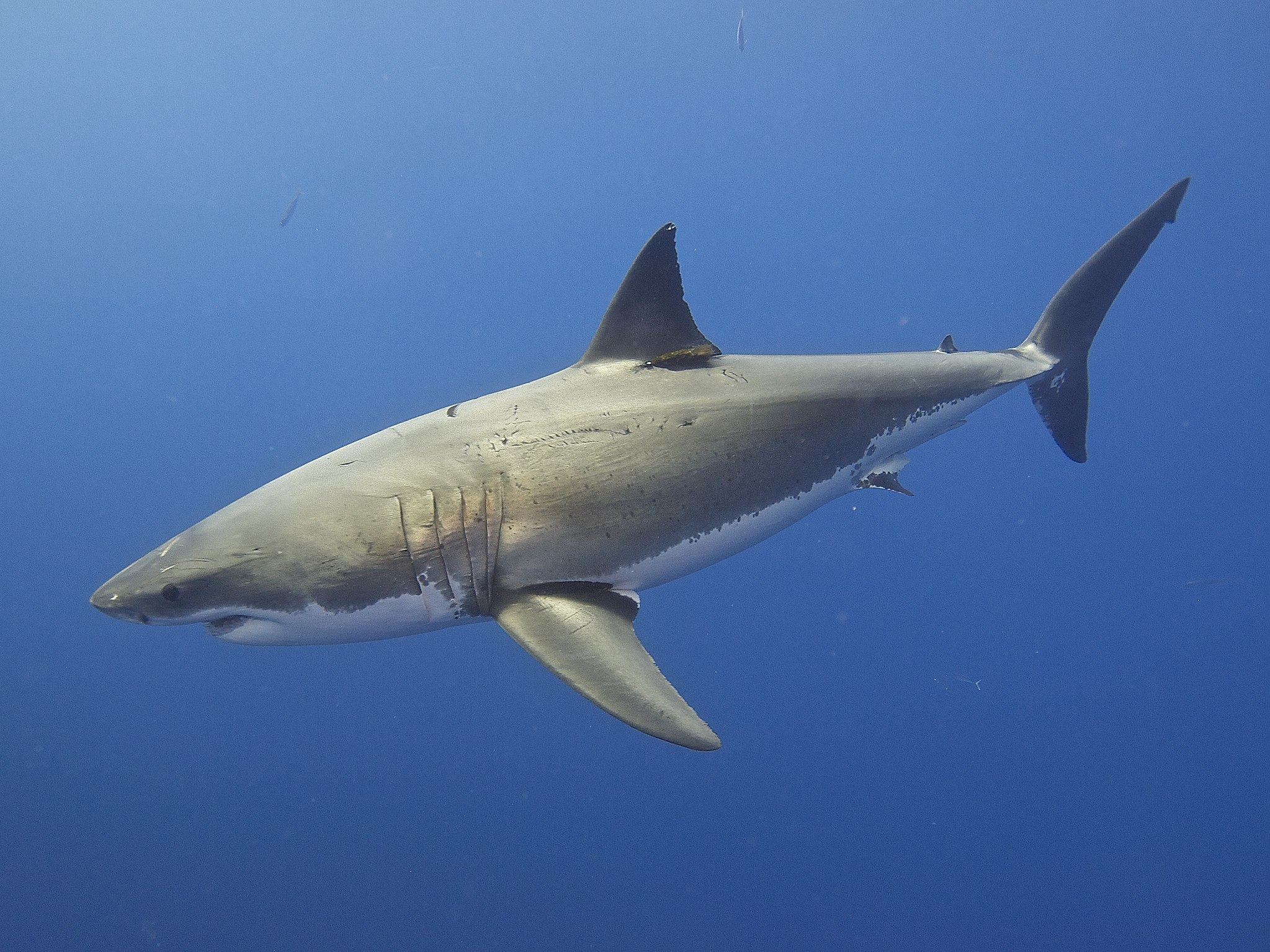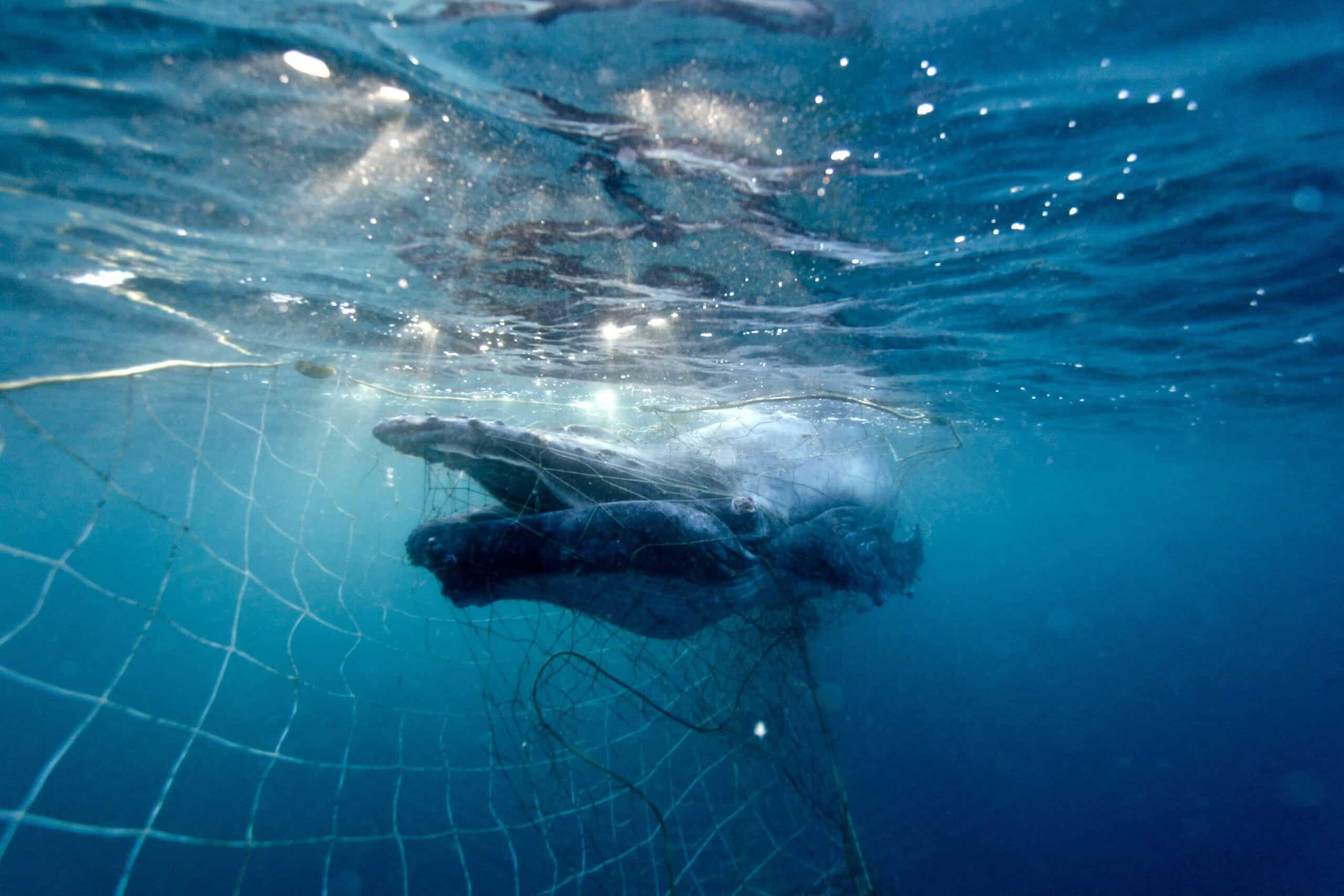Research shows that Australia’s great white sharks are highly related to each other and may consist of fewer than 500 breeding animals. SYDNEY, 24 June 2025: Latest research has found Australia’s great white shark population is much smaller than expected, increasing their vulnerability to further population threats. The population...
A national sheep industry survey has revealed just how frequently surgical procedures are performed on Australian sheep without any pain relief.
The results were published last week in the Sheep Sustainability Framework On-farm Insights from the National Producer Survey for 2022, a report commissioned by Meat and Livestock Australia and Australian Wool Innovation. The Report is intended to identify sustainability issues for the Australian sheep industry and provides data collected from over 2000 sheep producers across Australia. While the transparency is welcome, it paints a sombre picture for sheep welfare.
A large portion of the Report is dedicated to the discussion of pain relief for painful procedures like mulesing, castration and tail docking. Shockingly, 75% of producers do not use pain management for castration and 56% do not use pain management for tail docking. When it comes to mulesing, only 8% use effective pain management for the procedure with the majority of producers only applying pain relief after the skin has been sliced but not before the procedure takes place.
Why? According to the report, most producers just don’t think it’s necessary. This is because The Guidelines, agreed in 2016 by all the state and territory governments of Australia, barely mention pain relief and when they do, they make it very clear that pain relief should only be used when “practical and cost-effective”. Hardly a firm directive to ensure that sheep do not suffer needlessly during painful procedures.
While the Australian Animal Welfare Standards and Guidelines themselves are not binding, they form the baseline upon which every state and territory develops its own legislated animal welfare laws. Reviewing Standards and Guidelines can take many years, as demonstrated by the Standards and Guidelines for Poultry that only just concluded in August after seven long years of negotiations.
The current Standards and Guidelines for Sheep need a lot of work to bring them into step with modern animal welfare expectations, so we need to get started. It is no longer enough to dismiss pain relief as a nice-to-have and allow sheep to suffer when there are entirely pain free alternatives available to procedures like mulesing.
The best welfare measure for our sheep industry is investment in surgical-free alternatives like flystrike-resistant genetics. In the interim, though, the Standards and Guidelines for Sheep need to be updated to mandate effective pain relief for mulesing and other painful husbandry procedures. That must be the bare minimum in today’s day and age.


